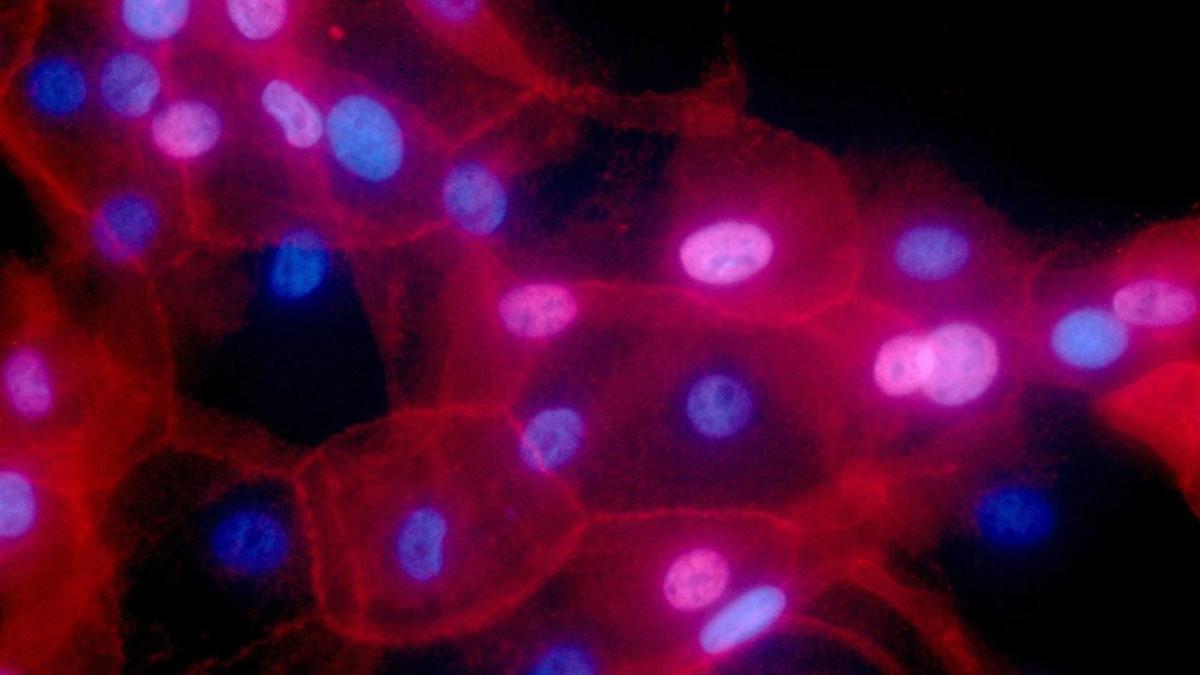
SYDNEY, Feb. 27, 2023 (BSS/Xinhua) - A research team led by the University of Technology Sydney (UTS) has developed a new device to detect and analyze cancer cells from blood samples, which can help doctors to monitor treatment progress without conducting invasive biopsy surgeries.
The study, published in Volume 223 of the Biosensors and Bioelectronics journal, displayed a high throughput static droplet microfluidic device with 38,400 chambers.
The device is capable of isolating and classifying the number of metabolically active circulating tumor cells (CTCs) in peripheral blood at single-cell resolution.
Researchers found that the workflow of their newly-designed device is simple and robust, which can eliminate the need for specialized equipment and expertise required for single-cell analysis of CTCs and facilitate on-site metabolic screening of cancer cells.
"Our device monitors single cells for increased lactate using pH-sensitive fluorescent dyes that detect acidification around cells," Majid Warkiani, coauthor and UTS professor, said in a statement on Monday.
"A single tumor cell can exist among billions of blood cells in just one milliliter of blood, making it very difficult to find. The new detection technology has 38,400 chambers capable of isolating and classifying the number of metabolically active tumor cells," the expert said.
According to the statement, cancer is a leading cause of illness and death in Australia, with more than 150,000 Australians diagnosed every year. Those with suspected cancer, particularly in organs like the liver, colon or kidney, often require surgery for a definitive diagnosis.
Noting that getting a biopsy can cause discomfort, higher costs and an increased risk of complications due to surgery, Warkiani regarded the assessment of tumor cells in blood samples as "far less invasive than taking tissue biopsies."
"It allows doctors to do repeat tests and monitor a patient's response to treatment," he added.
The UTS research team has filed a provisional patent for the static droplet microfluidic device and has plans to commercialize the product.